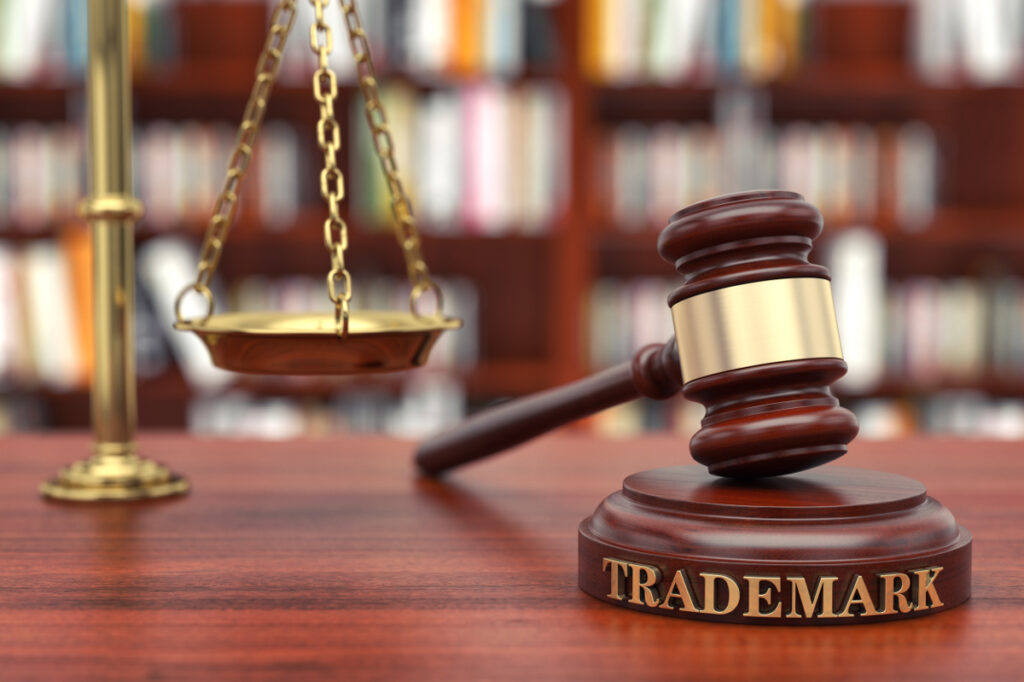The question in this trademark infringement case is whether a fashion parody can be held to U.S. trademark laws. A U.S. appeals court examined the decision by a Brooklyn court that blocked sales of Brooklyn art collective MSCHF’s shoes that parodied those sold by Vans shoes and apparel. The distorted “wavy” shoes are intended to parody Vans’ signature Old Skool Shoes, in an exaggerated, cartoonish way.
The trademark suit was brought by the shoe manufacturer, which questioned if MSCHF’s art would qualify as trademark infringement on the company’s design.
MSCHF Product Studio Inc. lawyers battled the shoemakers in front of the 2nd Circuit Court of Appeals. Representatives for MSCHF claimed that the art collective’s shoes were intended as a commentary on sneaker culture and consumerism, and not intended to be worn as Vans’ skateboarding shoes were. On the other side of the argument was the concern that the wavy shoes would confuse customers who might think that they were endorsed by Vans.
The U.S. District Court sided with Vans, saying that the shoes would be confused with the company’s trademarked version, and that the artsy shoes were not protected under the constitution since they did not convey a message that could be considered satire. However, a senior circuit judge disagreed with this ruling, saying that the company’s shoes might be an ideal product to parody to send a message about the absurdity of consumerism, as an icon of sneaker culture.
MSCHF specializes in mocking consumer culture. The art studio released the Wavy Baby shoes in April, as part of a collaboration with rapper Tyga.
In a different case, MSCHF was sued last year by Nike, over the art collective’s “Satan Shoes.” In that collaboration with rap artist Lil Nas X, the artists claimed that their custom-designed Nike Air Max 97 sneakers included a drop of human blood. Nike won that case, halting sales.
The Wavy Baby court case is Vans Inc. v. MSCHF Product Studio Inc, U.S. Court of Appeals, Second Circuit, Case Number 22-1006.

